Author: Randolph Jordan
-
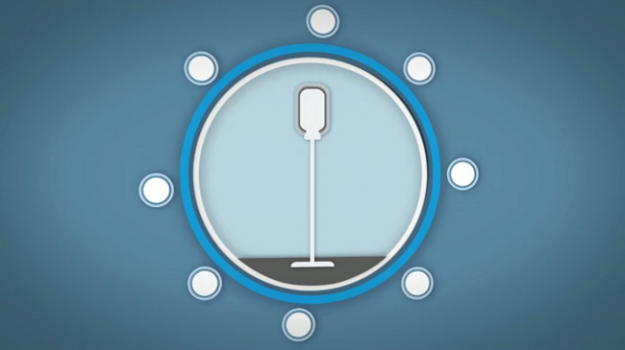
This month aural ethnographer Dr. Milena Droumeva argues for the role of acoustic ecology in filling key gaps in the way that contemporary digital media scholarship has addressed audio-based social media. -RJ __________________ By Milena Droumeva Over the last 13 years I have been involved in acoustic ecology, soundwalking, sound design and research including writing,…
-
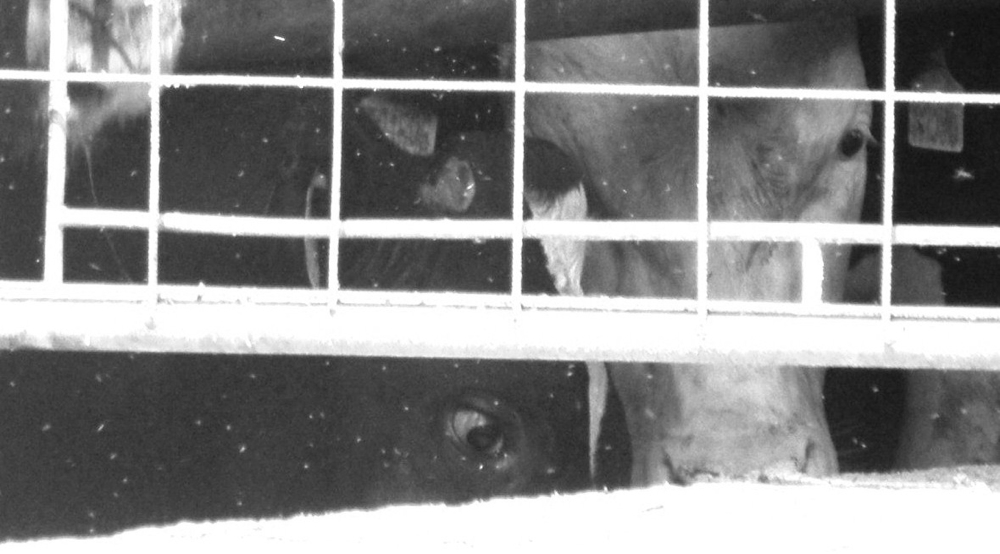
In this month’s post, CASE Chair Andrea Dancer takes us deep into the heart of her Kravin project to explore the art of soundscape composition as documentation of interspecies empathy at the edge of the human/animal divide. – RJ By Andrea Dancer Even Song On the ridge over the fields up and behind “Behind the…
-
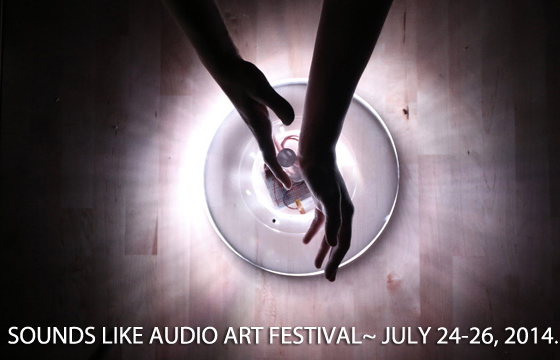
Composer/educator Scott Smallwood reports on last month’s Sounds Like Audio Art Festival in Saskatoon. Scott shares his experiences as both featured performer and dedicated audience member through commentary on all the main events with an ear towards their engagement with soundscape ecology. -RJ By Scott Smallwood The Saskatoon-based AKA gallery, with its partner organizations Paved…
-
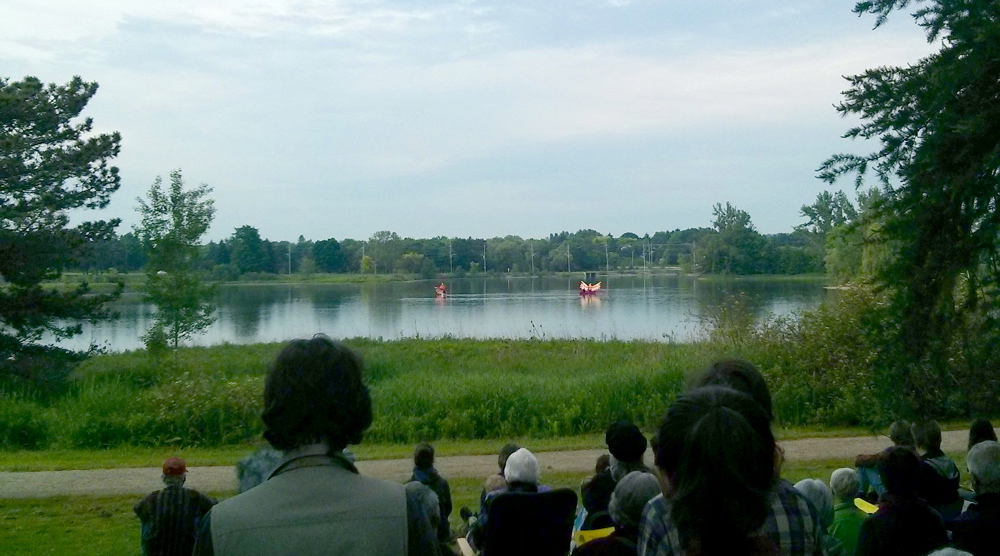
After returning from last month’s Sound in the Land conference, held at University of Waterloo’s Conrad Grebel College, Matthew Griffin reflects on his first experience with this unique event by way of an interview with its founder Carol Ann Weaver. By Matthew Griffin Sound in the Land is a festival/conference that aims to find a meeting point between between…
-
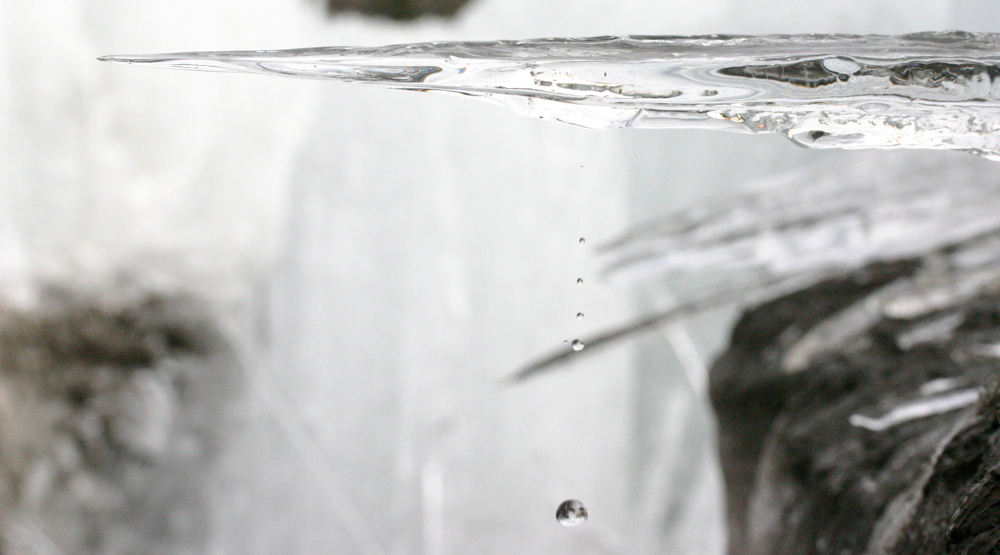
This month composer/performer Carmen Braden brings us reflections on the coming of spring to her home in Yellowknife, calling for all of us to draw on the tools offered by acoustic ecology to open our ears to the sonic transformations that continually surround us – wherever we may be. By Carmen Braden Since learning about…
-

CASE is excited to introduce our new blog dedicated to charting emerging pathways through the shifting territories of contemporary acoustic ecology. R. Murray Schafer developed acoustic ecology as an interdisciplinary extension to the field of ecology proper. His aim was to address problems in our sonic environments by learning to hear these environments with “clean”…